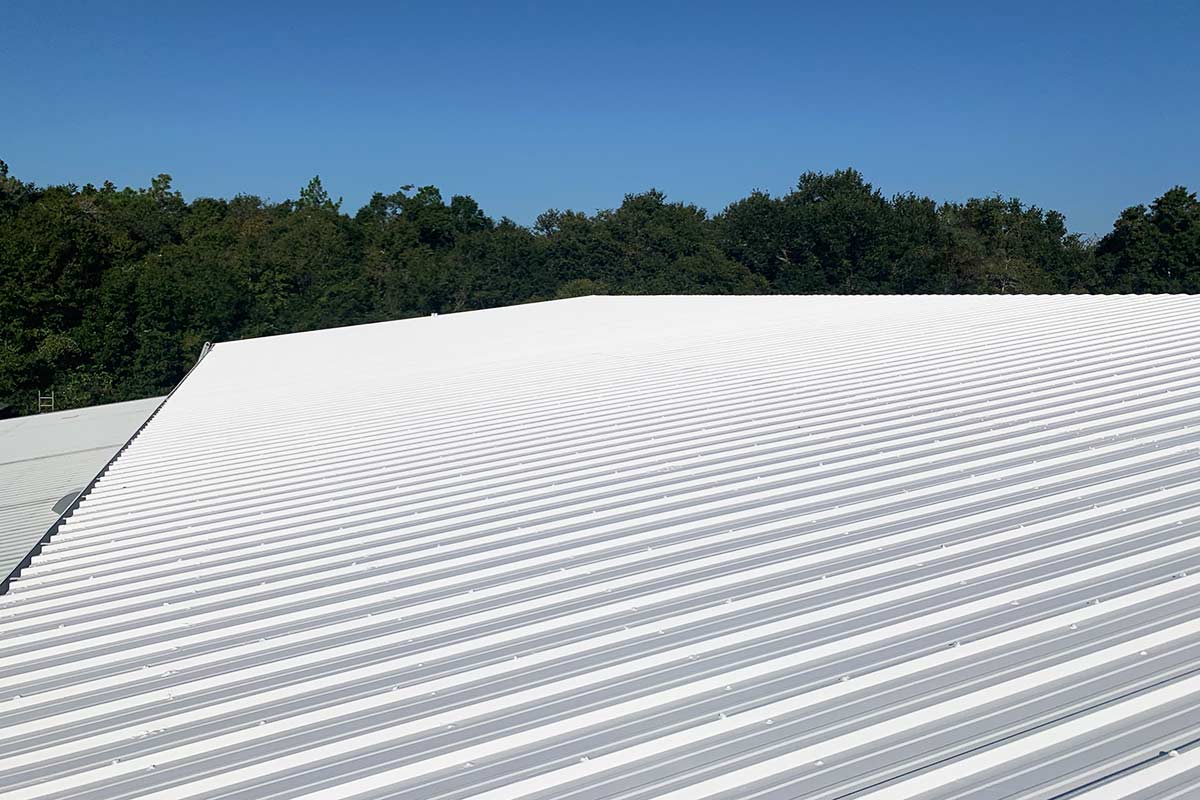

Articles
Which Coating Is Best For Roof?
Modified: January 8, 2024
Discover the best coating options for your roof with our informative articles. Make an informed decision to protect your roof from damage.
(Many of the links in this article redirect to a specific reviewed product. Your purchase of these products through affiliate links helps to generate commission for Storables.com, at no extra cost. Learn more)
Introduction to Roof Coatings
Roof coatings are an essential component of any roofing system, providing protection against the elements and extending the lifespan of the roof. They act as a shield, safeguarding the roof from the harmful effects of UV rays, temperature fluctuations, water damage, and other environmental factors.
When it comes to selecting the right roof coating, there are several factors to consider. Each type of coating has its own unique characteristics and benefits, making it crucial to choose one that suits your specific needs and the type of roof you have.
Factors such as climate, budget, durability, and the substrate material of the roof all play a significant role in determining which coating is best for your roof. In this article, we will explore the different types of roof coatings available, providing you with valuable information to make an informed decision.
Key Takeaways:
- Choose the right roof coating based on climate, budget, and roof condition to ensure longevity and protection. Acrylic, silicone, polyurethane, asphalt, reflective, metal, and flat roof coatings offer specific benefits for different roofing needs.
- Consult with a professional roofing contractor to determine the most suitable roof coating for your specific needs. Consider factors such as UV resistance, waterproofing, durability, and energy efficiency to make an informed decision and protect your property.
Read also: 11 Unbelievable RV Roof Coating For 2024
Factors to Consider when Choosing a Roof Coating
Choosing the right roof coating is crucial to ensure the longevity and effectiveness of your roof. Here are some key factors to consider when making your decision:
- Climate: The climate in your area plays a vital role in selecting the appropriate roof coating. If you live in an area with high UV exposure, you may want to consider a coating with excellent UV resistance. Similarly, if you experience heavy rainfall or extreme temperature fluctuations, choose a coating that provides superior waterproofing and thermal insulation.
- Roof substrate: The material of your roof plays a significant role in determining which coating is suitable. Different coatings work better on specific roof substrates, such as metal, asphalt, or concrete. Consider the compatibility of the coating with your roof material to ensure proper adhesion and performance.
- Budget: Cost is an essential factor to consider when choosing a roof coating. While some coatings may be more expensive initially, they can provide long-term benefits in terms of energy efficiency and durability. Evaluate your budget and weigh it against the potential cost savings and benefits of different coatings.
- Roof condition: Assess the current condition of your roof before deciding on a coating. If your roof has existing damage or leaks, it’s important to address these issues before applying a coating. Some coatings are better suited for repairing and restoring older roofs, while others are more suitable for new installations or roofs in good condition.
- Lifespan: Consider the expected lifespan of the roof coating. Some coatings offer longer durability and require less frequent maintenance, which can significantly reduce long-term costs. Evaluate the manufacturer’s warranty and product specifications to determine the expected lifespan of the coating.
By taking these factors into account, you can make an informed decision on which roof coating is best for your specific needs. Consulting with a professional roofing contractor can also provide valuable insights and recommendations based on their expertise and experience.
Acrylic Roof Coatings
Acrylic roof coatings are a popular choice for many homeowners and contractors due to their versatility and affordability. These coatings are made from a water-based solution combined with acrylic polymers, which form a protective membrane over the roof.
One of the key benefits of acrylic roof coatings is their excellent UV resistance. They reflect sunlight and help to reduce heat transfer, making your home more energy-efficient and reducing cooling costs. Acrylic coatings also provide a barrier against water penetration, protecting the roof from leaks and moisture damage.
Acrylic coatings are easy to apply and have a quick drying time, allowing for faster project completion. They can be applied to various types of roof substrates, including metal, asphalt, concrete, and more. The coatings come in a range of colors, allowing you to choose one that complements your home’s aesthetics.
Another advantage of acrylic coatings is their ability to expand and contract with temperature fluctuations, which helps to prevent cracking and splitting. They are also resistant to mold and mildew growth, providing additional protection for your roof.
However, it is important to note that acrylic coatings may not be suitable for roofs with standing water or ponding issues. They are best suited for roofs with a slight slope to ensure proper drainage and prevent water accumulation.
Regular maintenance is essential for acrylic roof coatings to prolong their lifespan. Periodic inspections and cleaning will help remove dirt, debris, and algae, preventing damage to the coating. Reapplying a new coat every few years can also help maintain the coating’s integrity.
In summary, acrylic roof coatings offer a cost-effective and durable solution for protecting and extending the life of your roof. Their UV resistance, waterproofing properties, and ease of application make them a popular choice among homeowners and contractors. Consider the specific requirements of your roof and consult with a professional to determine if acrylic coatings are the right option for you.
Silicone Roof Coatings
Silicone roof coatings have gained popularity in recent years due to their exceptional durability and weather resistance. These coatings are made from a combination of silicone polymers and solvents, creating a flexible and protective membrane for your roof.
One of the key advantages of silicone roof coatings is their unmatched resistance to UV rays. They have excellent UV stability, which means they can withstand prolonged exposure to sunlight without degrading or losing their effectiveness. This UV resistance helps to prevent premature aging and deterioration of the roof surface.
Silicone coatings also offer exceptional waterproofing properties. They form a seamless, elastic membrane that acts as a barrier against water penetration. This helps to prevent leaks, water damage, and the growth of mold and mildew.
One of the standout features of silicone coatings is their ability to resist ponding water. Unlike other coatings, silicone can withstand continuous exposure to standing water without breaking down or deteriorating. This makes silicone coatings an excellent choice for flat or low-slope roofs where ponding water may be an issue.
Another advantage of silicone coatings is their thermal stability. They have a high reflectivity index, meaning they reflect a significant amount of the sun’s heat away from the roof. This reduces the roof surface temperature, preventing heat buildup and reducing the cooling load on the building, resulting in energy savings.
Application of silicone coatings is relatively straightforward, and they can be applied to various roof substrates, including metal, modified bitumen, and single-ply membranes. They have a fast curing time, allowing for quick completion of the project.
However, it’s important to note that silicone coatings can be more expensive than other options. The higher upfront cost is offset by their long lifespan and low maintenance requirements. Silicone coatings can last up to 20 years or more with proper care and maintenance.
In summary, silicone roof coatings offer exceptional durability, UV resistance, waterproofing capabilities, and tolerance for ponding water. They are an excellent choice for flat or low-slope roofs and provide long-lasting protection for your roof. Consider the specific needs and requirements of your roof and consult with a professional to determine if a silicone coating is the right choice for you.
Polyurethane Roof Coatings
Polyurethane roof coatings are a popular choice for their versatility and ability to provide a seamless, durable, and protective layer for various types of roofs. These coatings are composed of a two-component system—a base component and a catalyst—that, when mixed, form a chemical reaction resulting in a strong and flexible membrane.
One of the key benefits of polyurethane roof coatings is their excellent resistance to foot traffic, impacts, and weathering. They are highly durable, capable of withstanding harsh conditions, including high winds, heavy rain, and extreme temperatures. This durability helps to extend the lifespan of the roof and reduce the need for frequent repairs or replacements.
Polyurethane coatings are also highly flexible, allowing them to expand and contract with the roof as it undergoes thermal fluctuations. This flexibility helps to prevent cracking and splitting, ensuring the integrity of the coating over time.
Another advantage of polyurethane coatings is their exceptional adhesion properties. They adhere well to a variety of roof substrates, including concrete, metal, and asphalt, providing a seamless and watertight seal. This strong bond allows the coating to effectively protect the roof from leaks and water damage.
Polyurethane coatings are resistant to UV rays, preventing damage and degradation caused by prolonged exposure to sunlight. They also offer excellent chemical resistance, making them suitable for roofs exposed to pollutants, industrial chemicals, or harsh environments.
When it comes to application, polyurethane coatings require professional installation due to the complexity of the two-component system. A trained contractor will ensure proper mixing and application to achieve the desired results.
It’s important to note that polyurethane coatings can be more expensive than other coating options. However, the long-term benefits, such as increased durability and extended roof life, can outweigh the initial investment.
Regular maintenance is essential to maximize the lifespan of polyurethane coatings. Regular inspections, cleaning, and reapplication of a topcoat can help restore any damaged areas and ensure ongoing protection of the roof surface.
In summary, polyurethane roof coatings offer excellent durability, flexibility, adhesion, and resistance to UV rays and chemicals. They are an ideal choice for roofs that require superior protection and longevity. Consider the specific needs of your roof and consult with a professional to determine if a polyurethane coating is the right choice for you.
When choosing a coating for your roof, consider factors such as the climate, durability, and reflectivity. Silicone coatings are known for their durability and UV resistance, making them a popular choice for many roofs.
Read more: What Is The Best Garage Floor Coating
Asphalt Roof Coatings
Asphalt roof coatings are specifically designed for asphalt-based roofing systems, including built-up roofs and modified bitumen roofs. These coatings are made from a combination of asphalt, fillers, and binders, providing a protective layer that enhances the durability and longevity of the roof.
One of the primary benefits of asphalt roof coatings is their ability to seal and waterproof the roof surface. They create a barrier that prevents water penetration, helping to protect the underlying roofing materials from damage caused by leaks and moisture. Asphalt coatings are also effective in preventing the growth of algae and mold.
Asphalt coatings provide excellent UV resistance, prolonging the lifespan of the roof by preventing premature degradation and aging. They also act as a reflective surface, reducing heat absorption and lowering cooling costs for the building. Some asphalt coatings are available in different colors, allowing for customization based on aesthetic preferences.
An advantage of asphalt coatings is their ease of application. They can be applied using a brush, roller, or sprayer, making installation relatively simple and efficient. Asphalt coatings are compatible with a variety of surfaces, including asphalt shingles, roll roofing, and built-up roofing systems, making them a versatile option.
However, it’s important to note that asphalt roof coatings may require periodic maintenance. Over time, the coating may develop cracks or wear down due to exposure to the elements. Regular inspections and maintenance can help identify any issues and allow for timely repairs or reapplication.
It’s also worth considering the climate and weather conditions in your area before choosing an asphalt coating. In areas with extreme temperature changes or heavy rainfall, additional protection, such as reinforcing fabrics or multiple layers of coating, may be necessary to enhance durability.
In summary, asphalt roof coatings offer effective waterproofing, UV resistance, and ease of application. They are particularly suited for asphalt-based roofing systems and can extend the lifespan of the roof while providing energy-saving benefits. Regular maintenance and inspections are essential to ensure the continued performance of the coating. Consult with a professional to determine if an asphalt coating is the right choice for your specific roof and climate.
Reflective Roofs and Cool Roof Coatings
Reflective roofs and cool roof coatings are designed to minimize heat absorption and reduce the energy consumption of buildings. These innovative solutions help to create a more comfortable indoor environment while also reducing the environmental impact.
Reflective roofs, also known as cool roofs, are designed to reflect sunlight and heat away from the building, rather than absorbing it. They typically feature a high solar reflectance value, which measures the amount of solar energy the roof reflects. This prevents the roof from heating up, reducing the need for air conditioning and lowering energy costs.
Cool roof coatings play a crucial role in creating reflective roofs. These coatings are usually made of reflective pigments or special additives that increase the roof’s solar reflectivity. They can be applied to a variety of roofing materials such as asphalt, metal, or single-ply membranes, enhancing their ability to reflect sunlight.
One of the significant benefits of cool roof coatings is their ability to reduce roof surface temperatures. By reflecting a significant portion of the sun’s rays, these coatings can lower roof temperatures by up to 50 degrees Fahrenheit, improving the comfort inside the building and reducing the demand for air conditioning.
Cool roof coatings also contribute to the overall energy efficiency of the building. By reducing the heat absorbed through the roof, less energy is required to cool the building, resulting in lower energy consumption and reduced carbon emissions. This can lead to significant energy cost savings over time.
Another advantage of cool roof coatings is their durability and weather resistance. They help protect the roof from UV damage, prolonging its lifespan and reducing the need for frequent repairs or replacements. Additionally, they provide a waterproof barrier, preventing water intrusion and potential damage to the roof structure.
It’s important to note that cool roof coatings may not be suitable for all climates. In colder regions, where heating costs outweigh cooling costs, a cool roof coating may not provide the same level of energy-saving benefits. However, in regions with hot summers and high cooling demands, they can be highly effective.
In summary, reflective roofs and cool roof coatings offer significant energy-saving benefits and contribute to a more sustainable built environment. By reducing heat absorption, they lower energy consumption, improve indoor comfort, and extend the lifespan of the roof. Consider the climate and energy requirements of your building to determine if a cool roof coating is the right choice for you.
Metal Roof Coatings
Metal roofs are known for their longevity and durability. However, over time, they can be susceptible to corrosion, fading, and weathering. Metal roof coatings provide a protective layer that enhances the performance and lifespan of the roof, while also offering benefits such as improved energy efficiency and aesthetics.
One of the primary benefits of metal roof coatings is their ability to prevent corrosion. Metal roofs can be susceptible to rust and other forms of deterioration due to exposure to moisture and air. Coatings act as a barrier, preventing water and oxygen from coming into direct contact with the metal, thus minimizing the risk of corrosion.
In addition to corrosion resistance, metal roof coatings offer increased UV protection. These coatings have reflective properties that help to reduce the absorption of sunlight, keeping the roof cooler and reducing heat transfer into the building. This can result in lower energy costs for cooling, especially in regions with hot climates.
Metal roof coatings also provide aesthetic benefits. They come in a range of colors and finishes, giving you the opportunity to customize the appearance of your roof. Coatings can restore the vibrancy and appearance of an older metal roof, giving it a refreshed look that enhances the overall curb appeal of your property.
Furthermore, metal roof coatings extend the lifespan of the roof by protecting it from the elements. They act as a shield against rain, snow, hail, and other weather conditions, preventing damage and leaks. The coatings also provide resistance to fading and chalking, ensuring that the roof maintains its appearance over time.
Application of metal roof coatings requires proper surface preparation and the expertise of a professional contractor. The surface must be thoroughly cleaned and any loose or damaged areas repaired before the coating is applied. Proper application techniques ensure optimal adhesion and performance of the coating.
Maintenance is essential to maximize the lifespan of metal roof coatings. Regular inspections and cleaning will help identify any issues and prevent the buildup of dirt, debris, or moss on the roof. When necessary, recoating the roof can be performed to restore the protective properties of the coating.
In summary, metal roof coatings provide a range of benefits, including corrosion resistance, UV protection, improved energy efficiency, and enhanced aesthetics. They are an excellent investment to prolong the lifespan of your metal roof while providing additional protection against the elements. Consult with a professional to determine the most suitable coating for your specific metal roof and climate conditions.
Flat Roof Coatings
Flat roofs are commonly found on commercial buildings, industrial facilities, and some residential properties. One of the key challenges with flat roofs is their susceptibility to water pooling and leaks. Flat roof coatings provide a protective layer that effectively seals the roof surface, preventing water intrusion and extending the life of the roof.
Flat roof coatings offer excellent waterproofing properties. They create a seamless membrane that acts as a barrier against water penetration. This helps to prevent leaks, water damage, and the growth of mold and mildew. The coatings are specifically formulated to withstand ponding water, making them ideal for flat roofs where water accumulation may occur.
One of the significant advantages of flat roof coatings is their ability to reflect sunlight and reduce heat absorption. They have high solar reflectance properties, which help to keep the roof cooler. This can result in lower energy costs for cooling the building, especially in areas with hot climates.
Flat roof coatings also provide durability and protection against the elements. They can help to extend the lifespan of the roof by preventing premature deterioration caused by UV rays and weathering. Additionally, they can improve the overall aesthetics of the roof, giving it a fresh and uniform appearance.
There are different types of flat roof coatings available, including acrylic, silicone, and polyurethane. The choice of coating depends on factors such as the specific needs of the roof, climate conditions, and budget considerations. It’s recommended to consult with a professional to determine the most suitable coating for your flat roof.
Application of flat roof coatings requires proper surface preparation and adherence to manufacturer’s instructions. The roof surface must be cleaned thoroughly to remove dirt, debris, and any loose materials. Cracks or damaged areas should be repaired before the coating is applied to ensure proper adhesion and performance.
Maintenance is essential to ensure the longevity of flat roof coatings. Regular inspections and cleaning will help identify any issues and prevent the buildup of dirt or debris on the roof. Reapplying a new coat of the coating when necessary can help rejuvenate and restore the protective properties of the roof.
In summary, flat roof coatings are an excellent solution for waterproofing, protecting, and extending the life of flat roofs. They provide seamless and durable membranes that prevent water intrusion, reflect sunlight, and enhance energy efficiency. Consult with a professional to choose the most suitable flat roof coating for your specific needs and ensure proper application and maintenance.
Read more: What Is The Best Clear Coat For Outdoor Wood
Conclusion
Choosing the right roof coating is essential for protecting and prolonging the lifespan of your roof. Various factors, such as climate, roof substrate, budget, and specific needs, should be considered when making a decision.
Acrylic roof coatings offer affordability, versatility, and UV resistance, making them a popular choice for homeowners and contractors. They provide protection against water penetration and can be applied to different roof substrates.
Silicone roof coatings provide exceptional durability, UV resistance, and tolerance for ponding water. They are ideal for flat or low-slope roofs and can withstand continuous exposure to standing water without deterioration.
Polyurethane roof coatings offer excellent flexibility, adhesion, and resistance to UV rays and chemicals. They are known for their durability and ability to protect the roof from foot traffic, impacts, and weathering.
Asphalt roof coatings are designed specifically for asphalt-based roofing systems. They provide excellent waterproofing and UV resistance, preventing leaks and keeping the roof surface cool.
Reflective roofs and cool roof coatings are beneficial for reducing heat absorption and energy consumption. They reflect sunlight, lowering cooling costs and creating a more comfortable indoor environment.
Metal roof coatings ensure corrosion resistance, UV protection, and improved energy efficiency. They extend the lifespan of metal roofs and enhance their appearance.
Flat roof coatings are designed to waterproof and protect flat roofs. They prevent water intrusion, reflect sunlight, and improve the overall durability and aesthetics of the roof.
In conclusion, selecting the right roof coating requires careful consideration of various factors. Consultation with a professional roofing contractor can provide valuable insights and recommendations based on their expertise. By choosing the appropriate roof coating, you can enhance the performance, durability, and longevity of your roof, ultimately protecting your property and ensuring a comfortable living or working environment.
Frequently Asked Questions about Which Coating Is Best For Roof?
Was this page helpful?
At Storables.com, we guarantee accurate and reliable information. Our content, validated by Expert Board Contributors, is crafted following stringent Editorial Policies. We're committed to providing you with well-researched, expert-backed insights for all your informational needs.
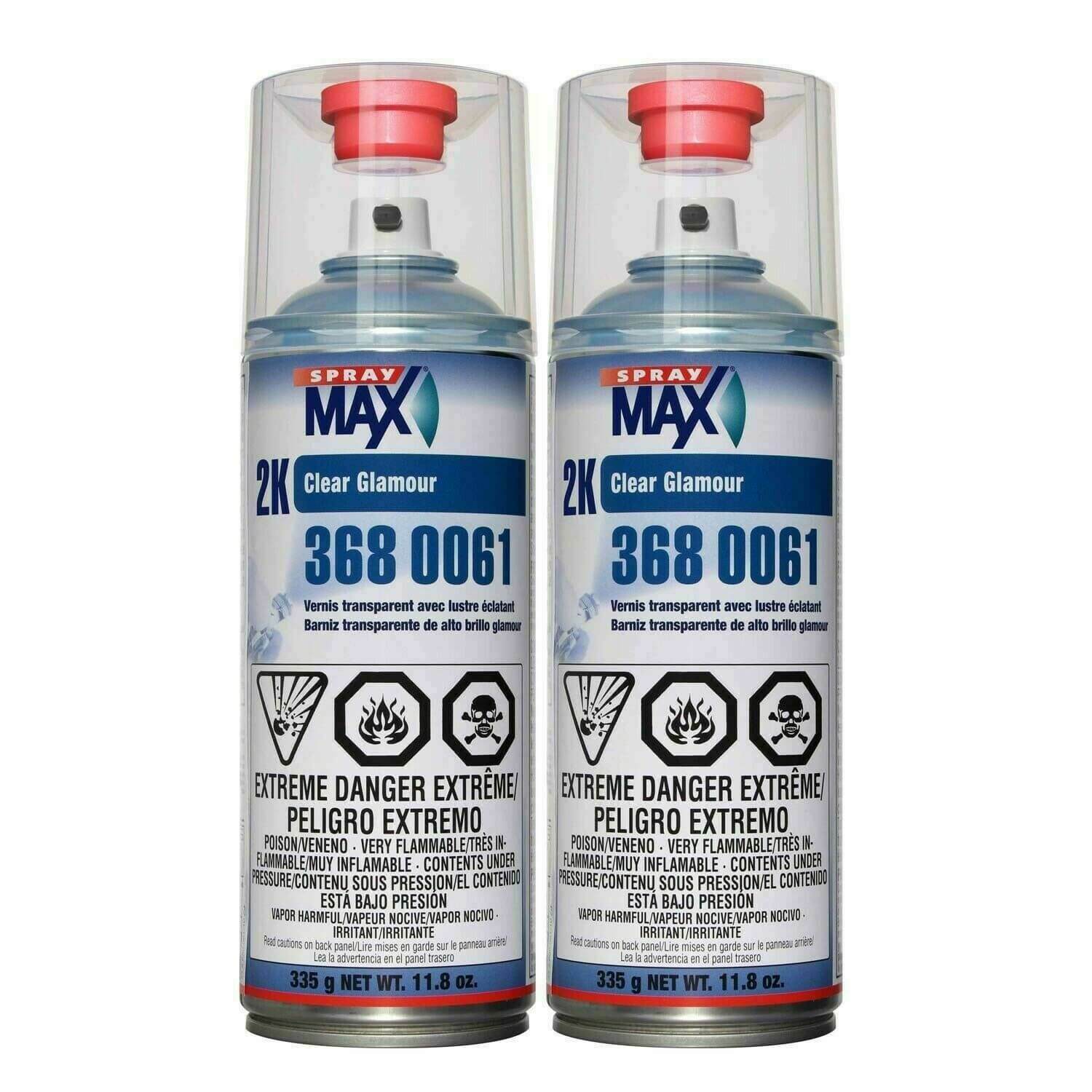
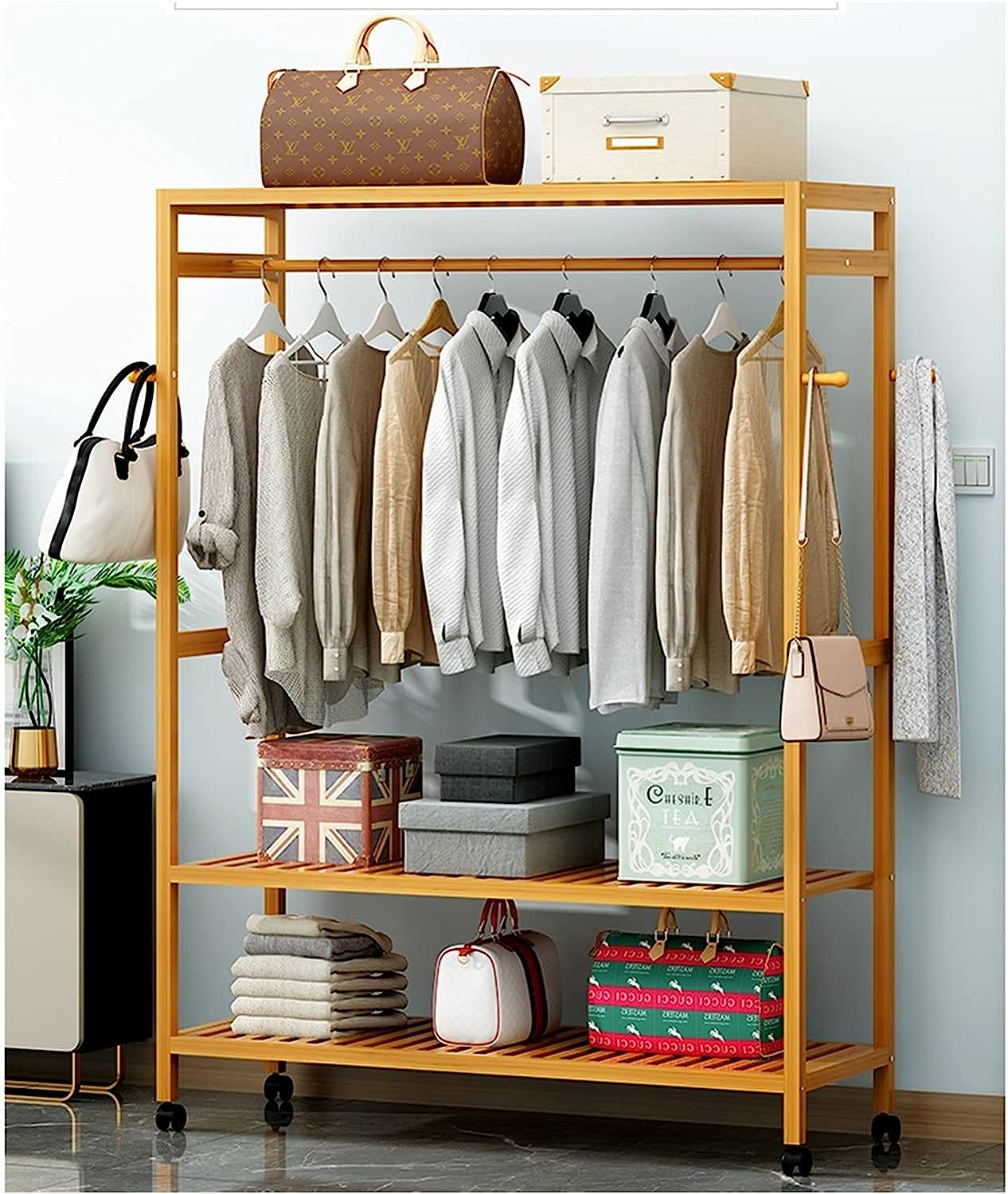
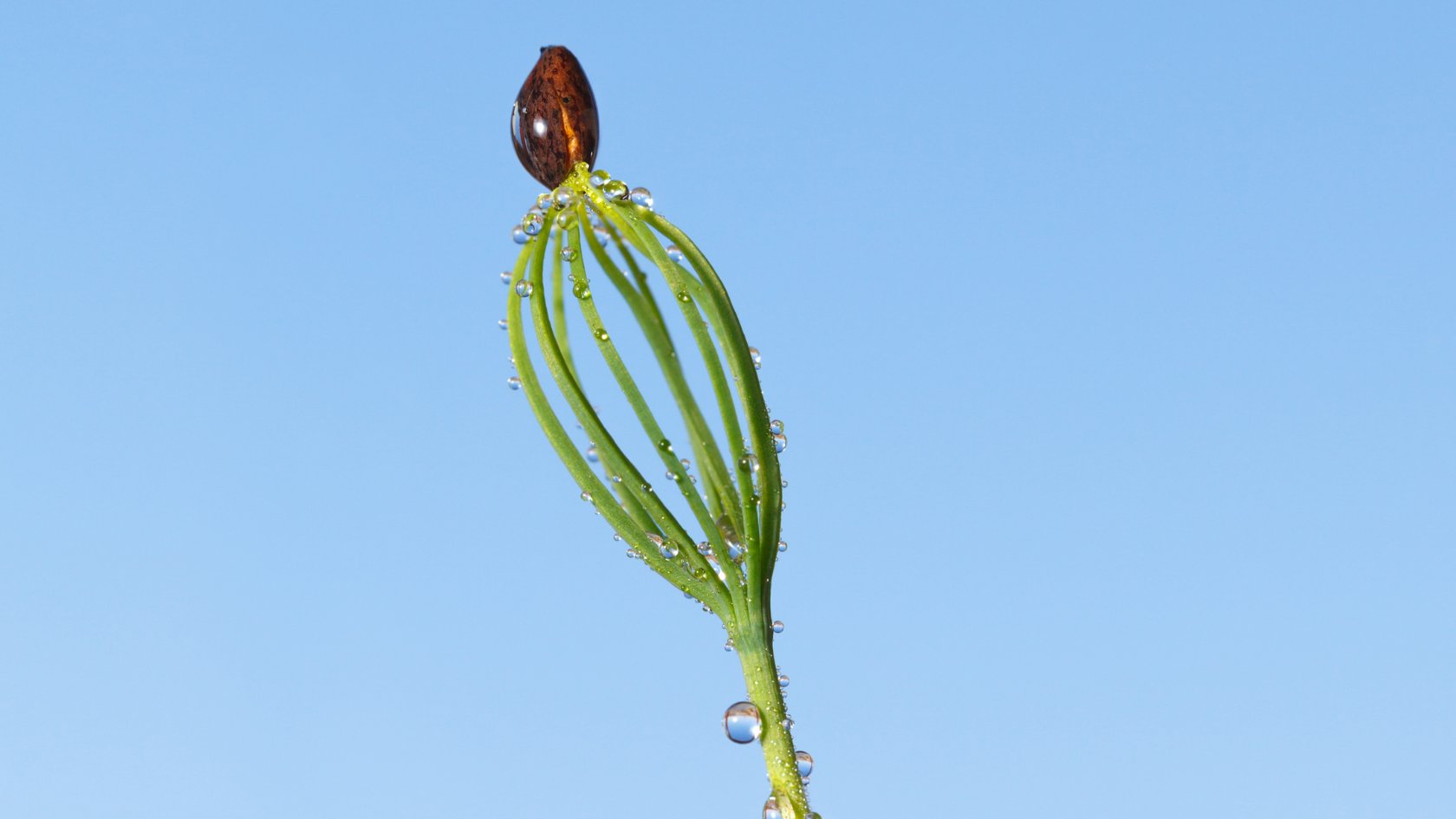
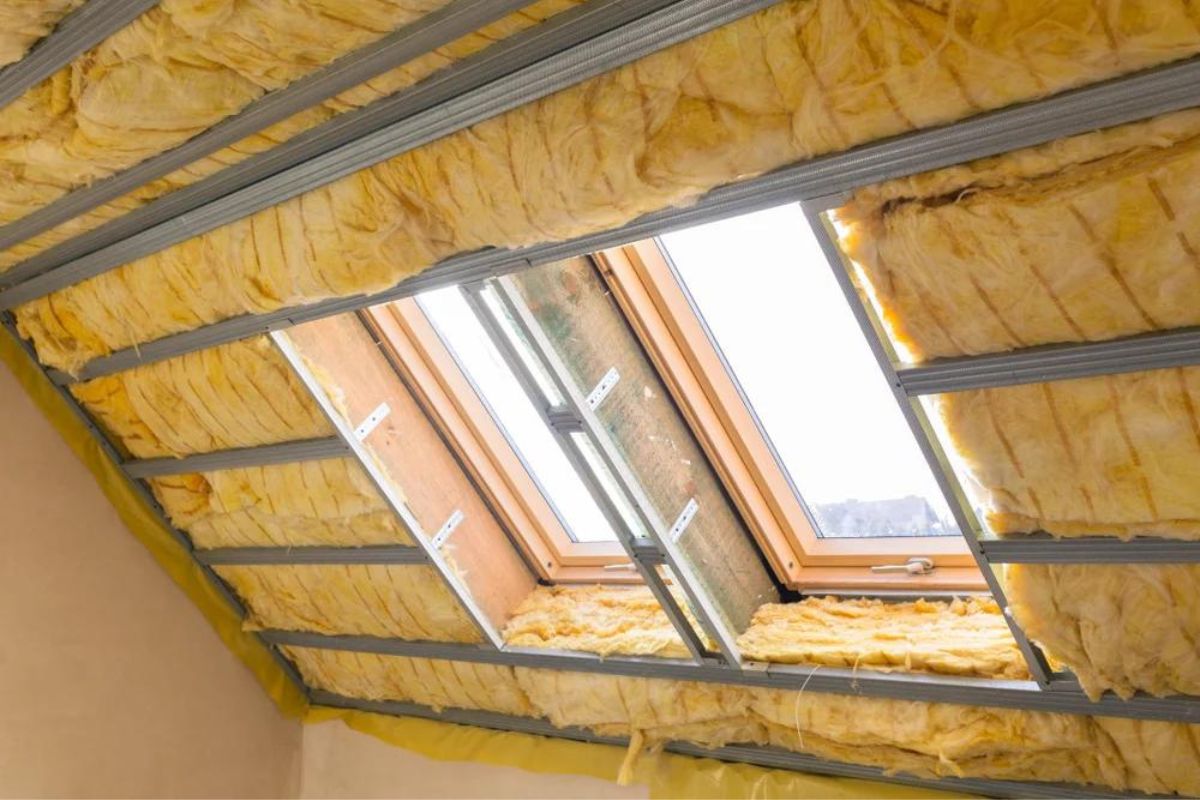
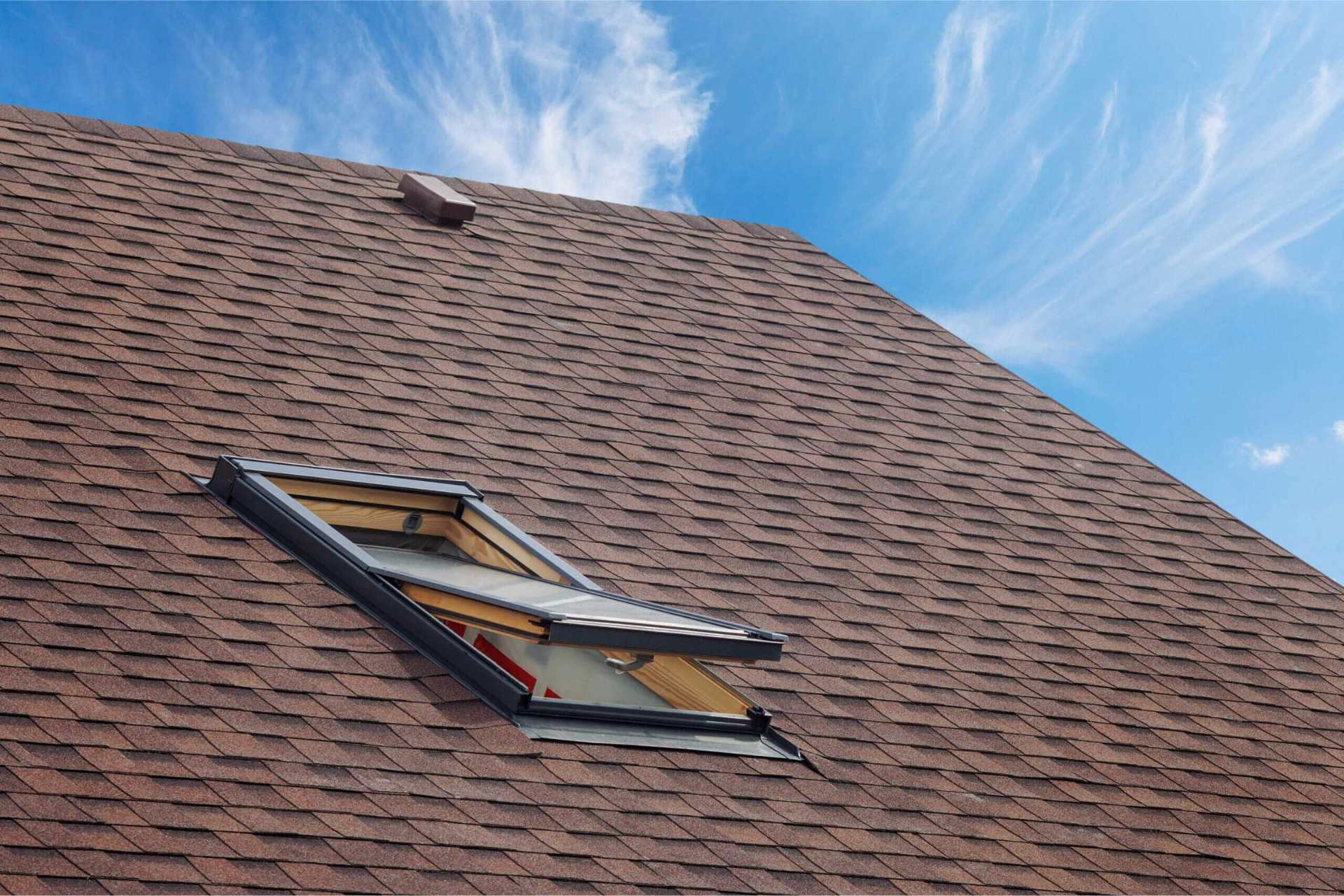
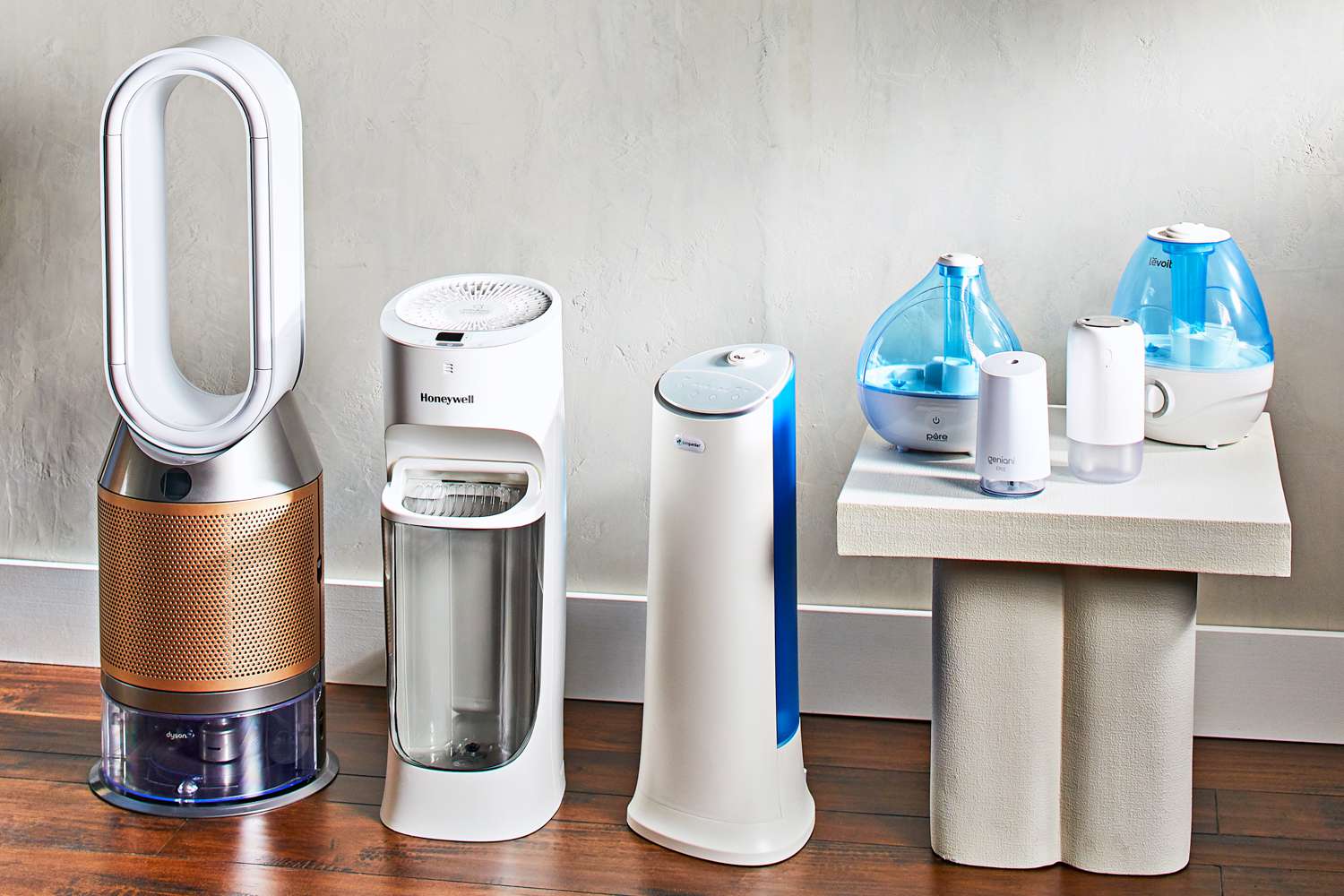
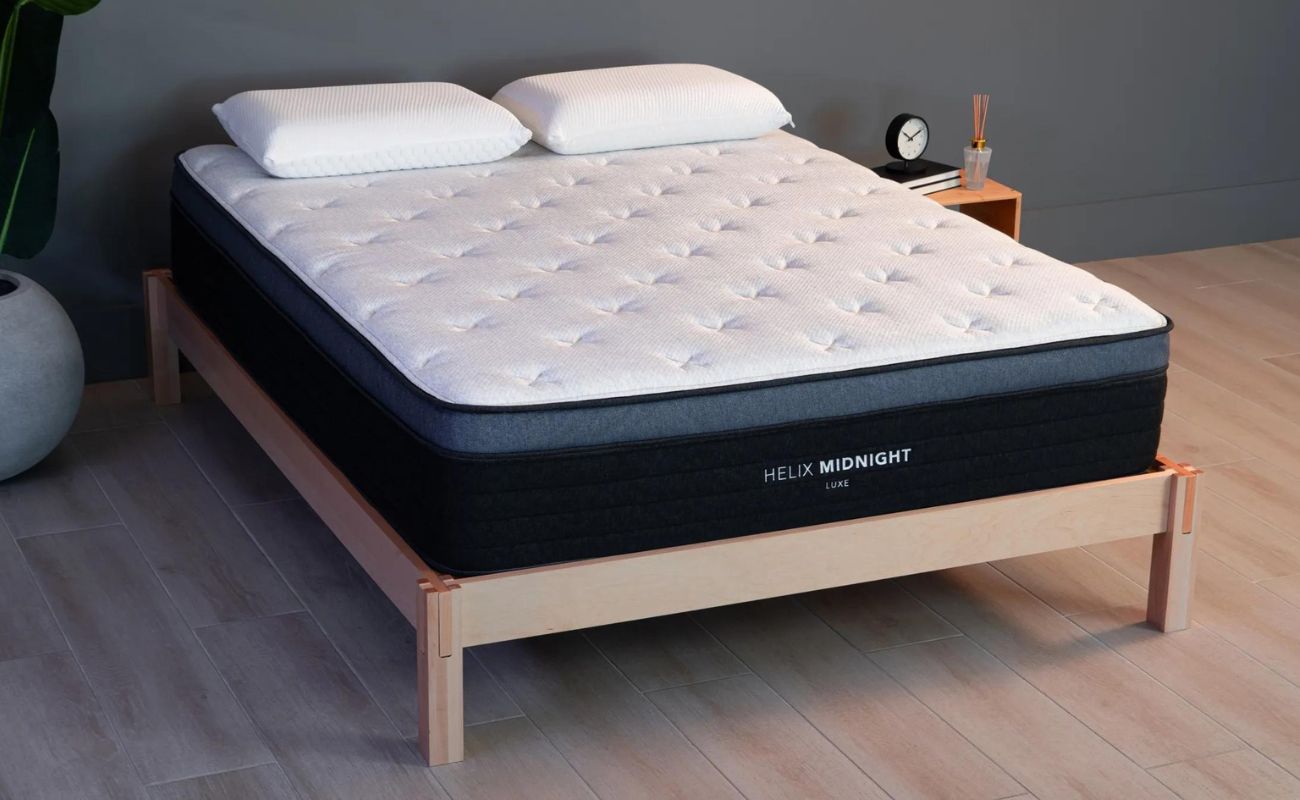
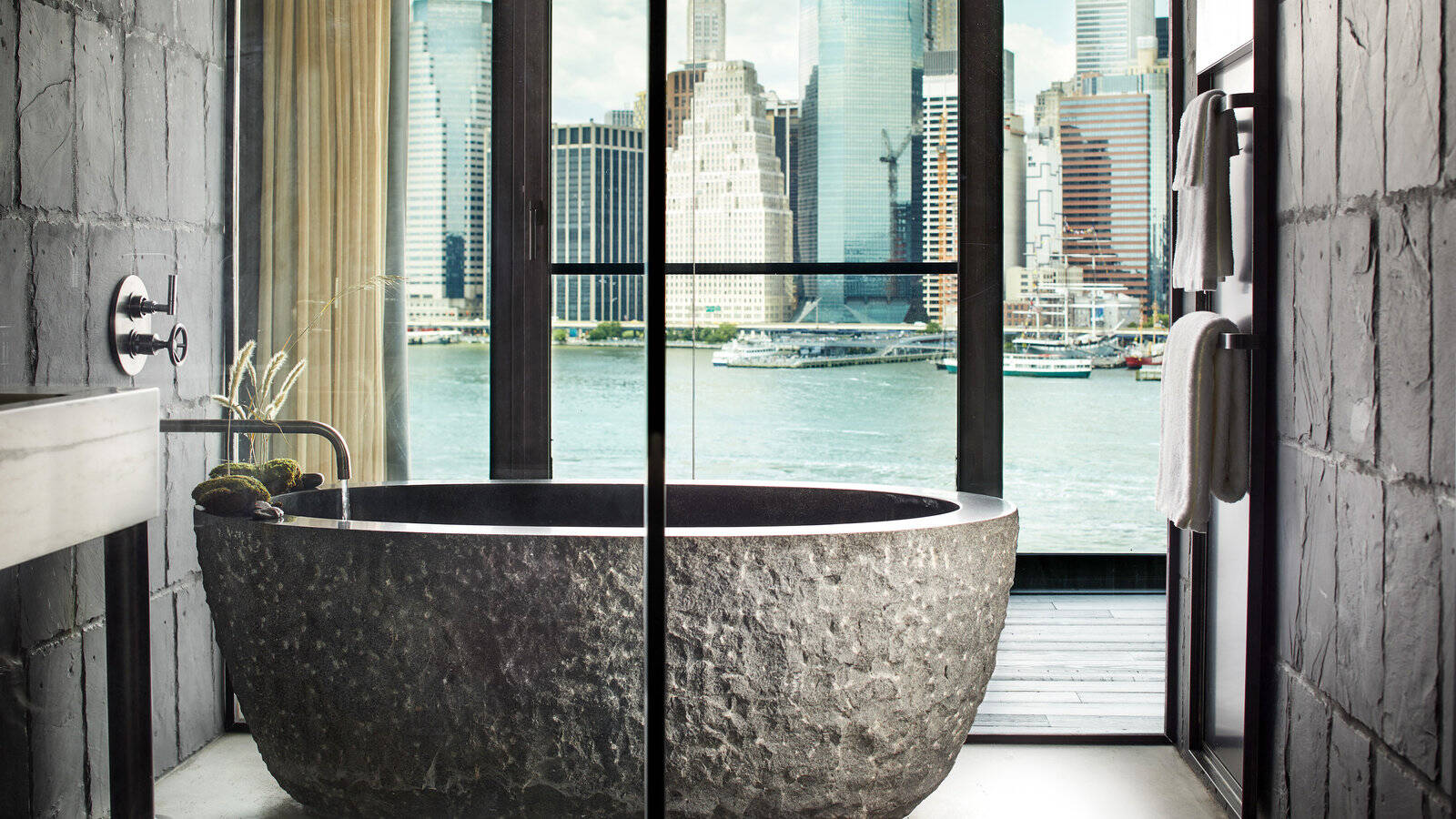
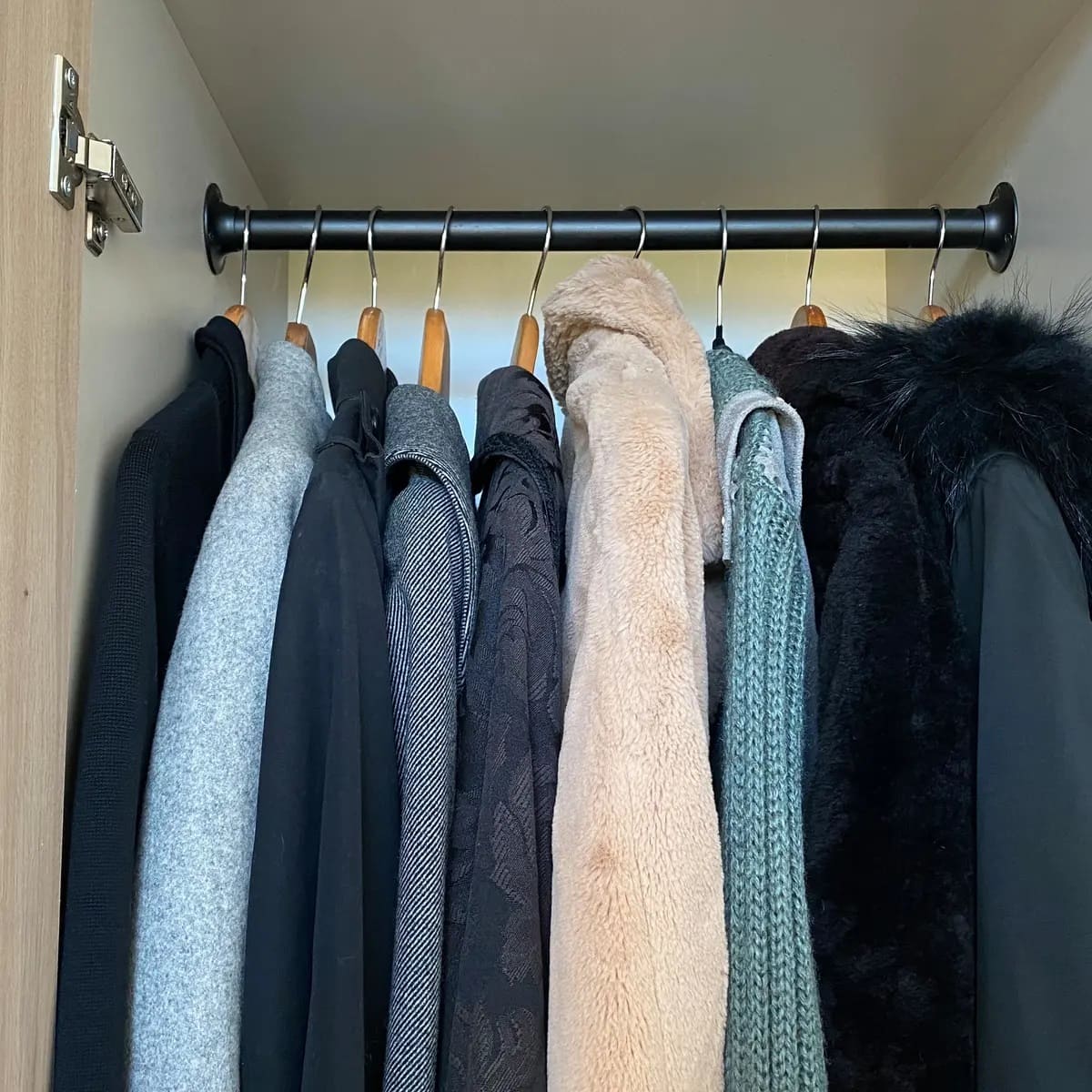
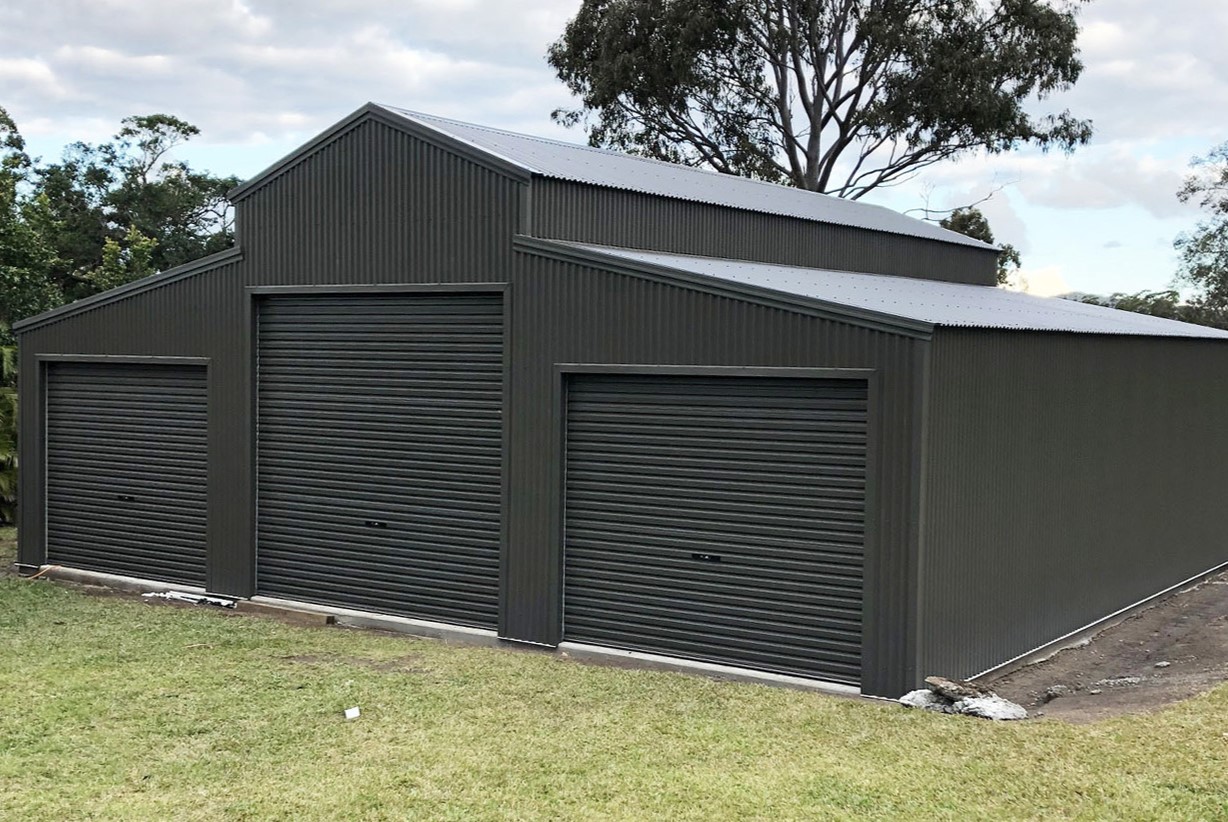
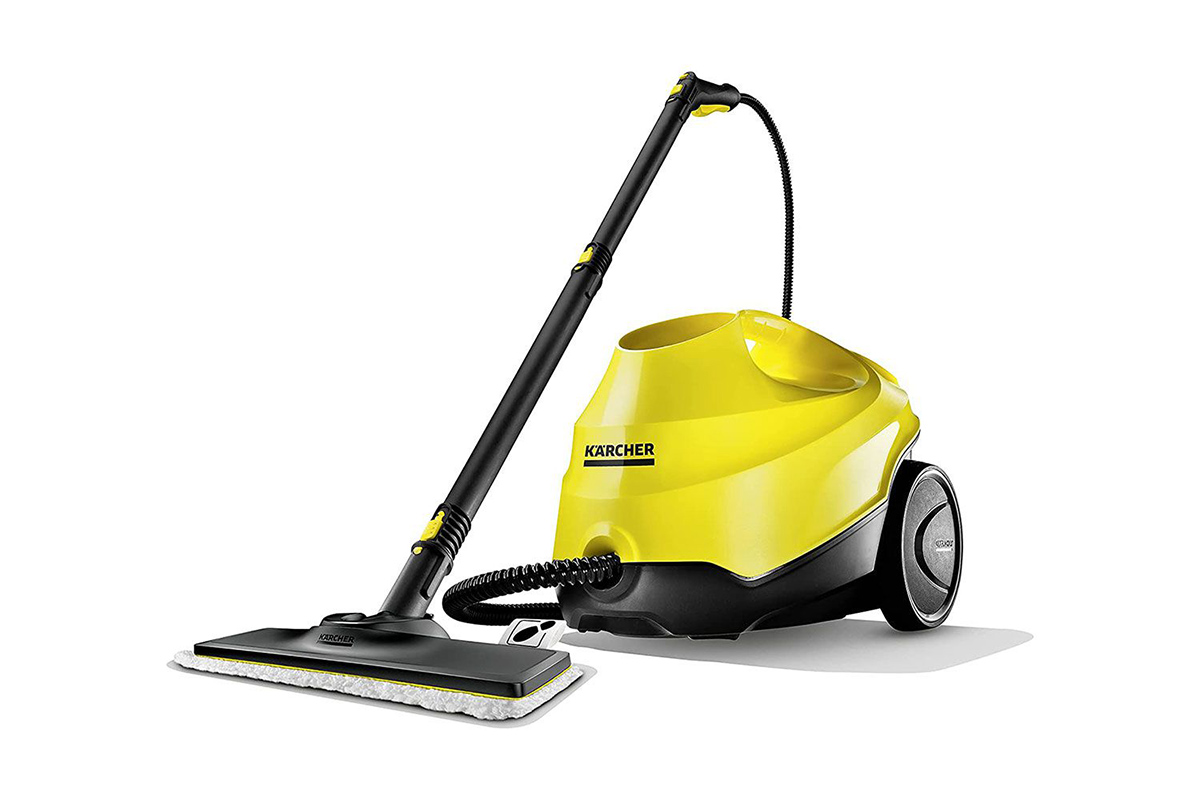
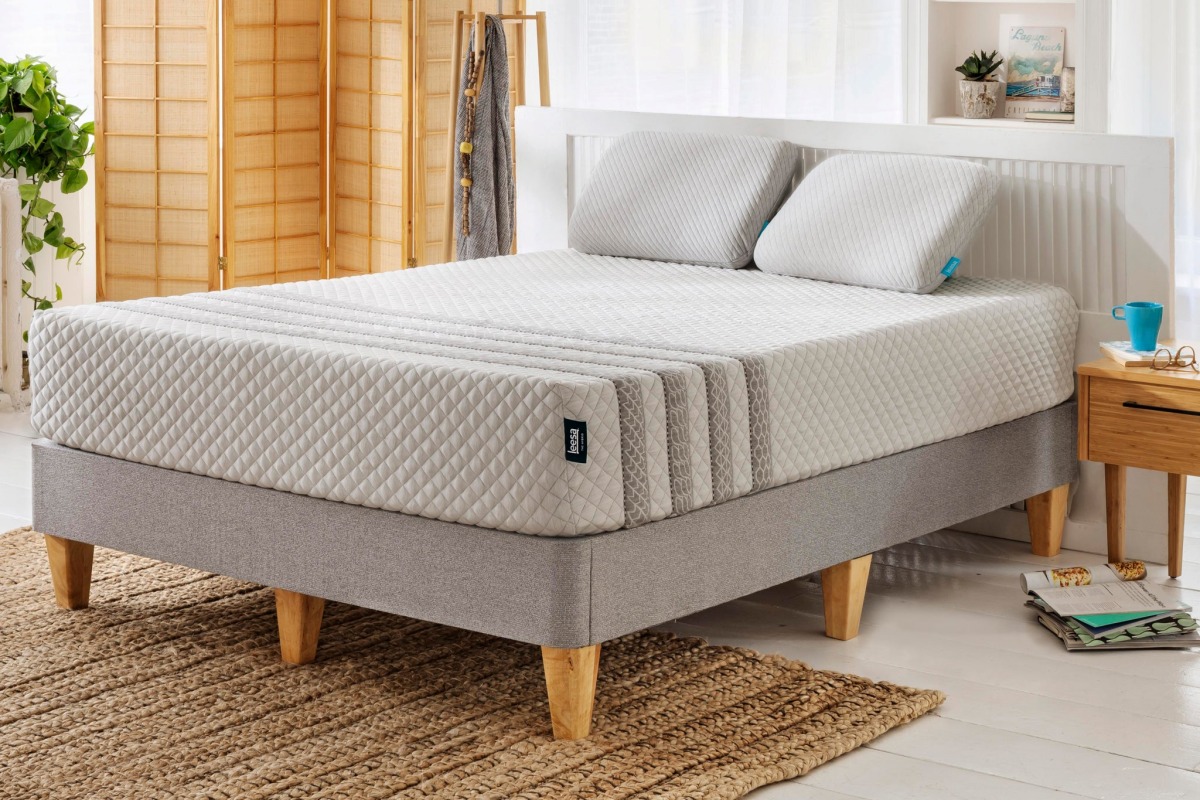
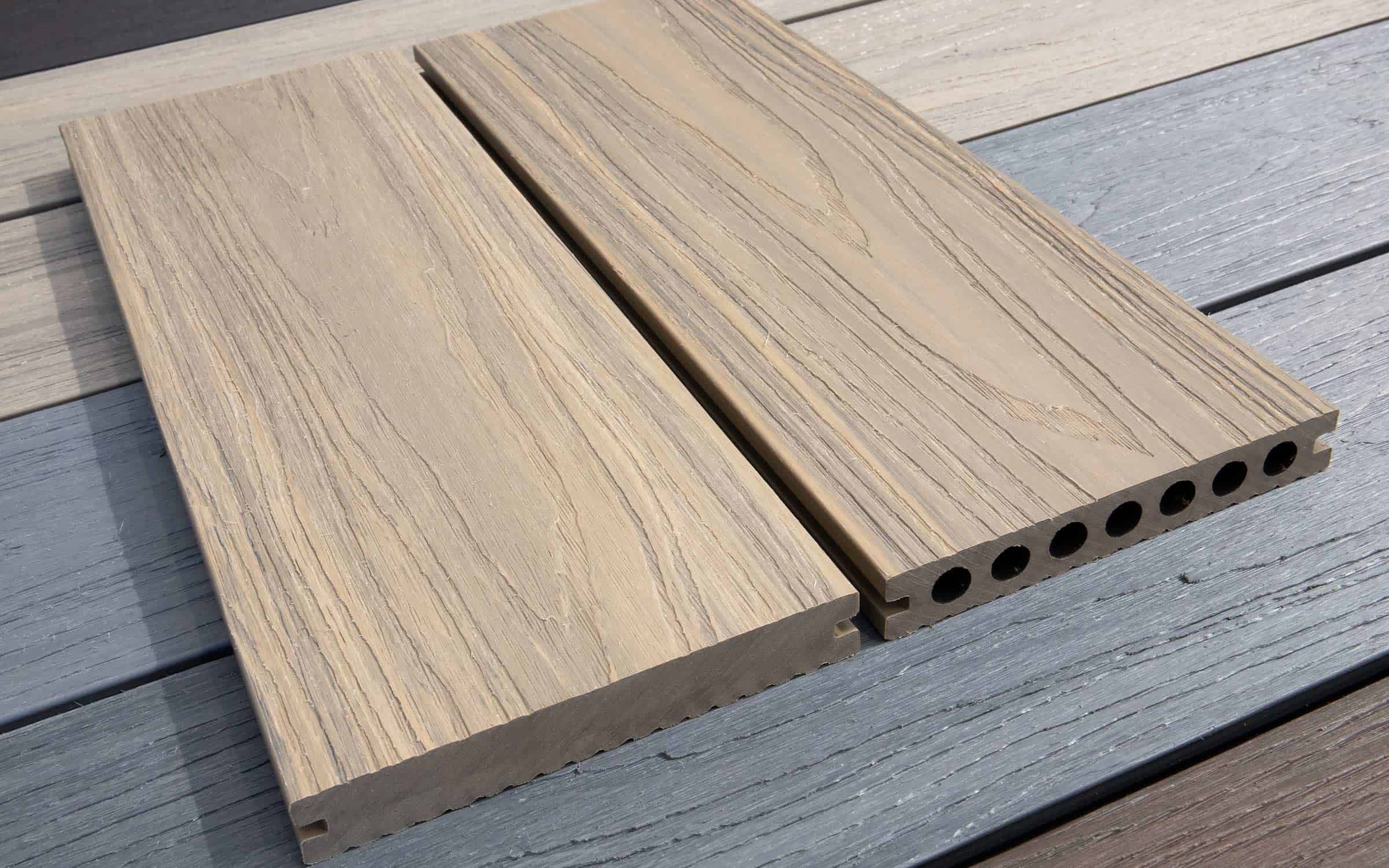

0 thoughts on “Which Coating Is Best For Roof?”